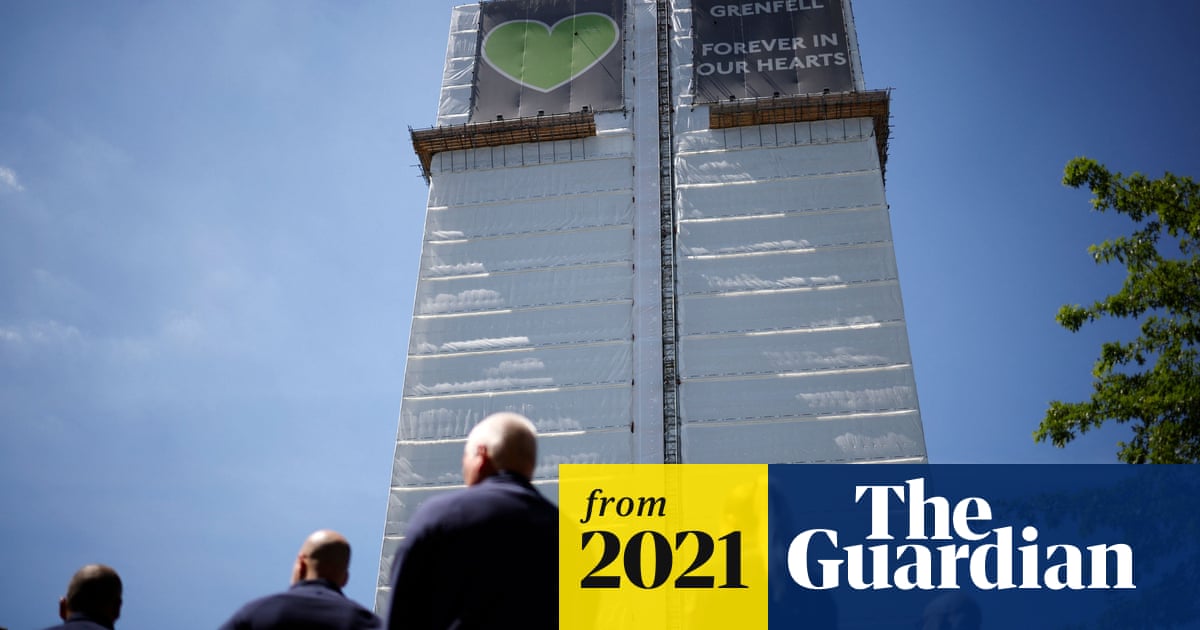Tommy Tainant
Diamond Member

US judge allows lawsuit against Grenfell Tower cladding firm
American shareholders get go-ahead after witnesses allege Arconic managers knew cladding was unsafe
This is really confusing. The owners of the company who made the killer cladding should not rank ahead of the people who actually suffered from their criminality.
I hope that this isnt what it means.
